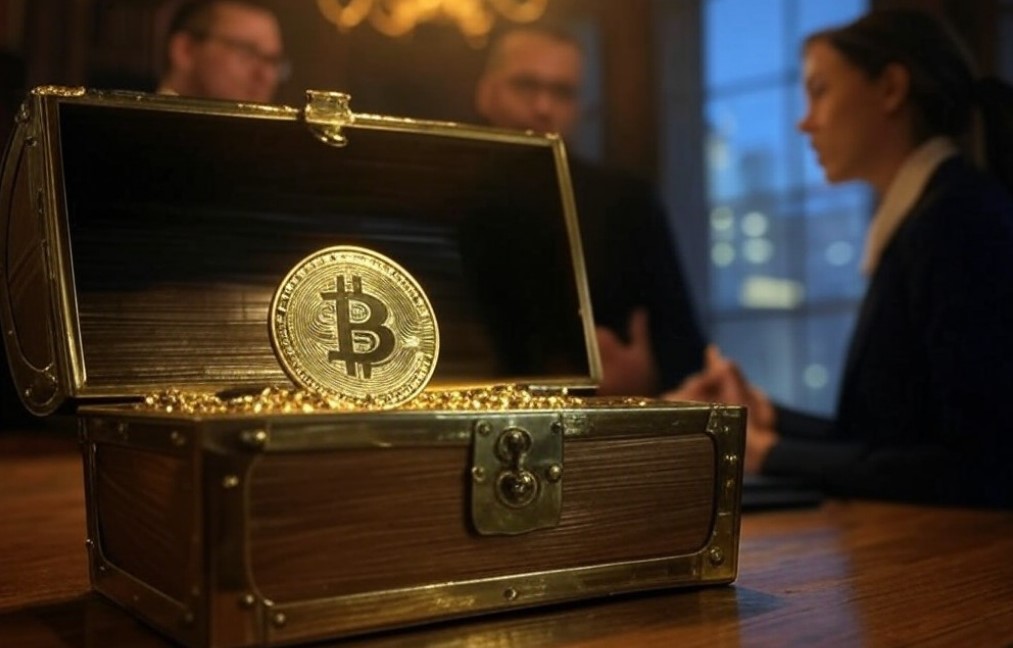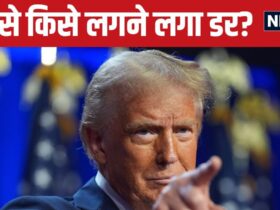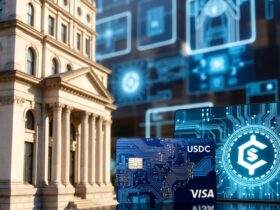Juan Rodríguez sees it as unlikely that Ripple and Solana are within the BTC reserve.
Dennis Porter of Satoshi Act Fund emphasizes that the US treasury will be in bitcoin.
A local American press report, released on Thursday, January 16, unleashed a wave of reactions and considerations among cryptocurrency users. It was said that the US, led by President-elect Donald Trump, would prioritize other crypto assets before bitcoin (BTC) for its national reserve, thus contrary to the discourse that has been maintained since last July.
According to sources from the NY Post, there are talks for Donald Trump to create a reserve that prioritizes cryptocurrencies created in the United States, such as solana (SOL), ripple (XRP) and USD Coin (USDC), instead of bitcoin, what is the original approach. According to sources, Trump would be receptive to that idea.
However, analysts and industry leaders who have studied the movement of reserves consider that there is no chance of Trump abandoning BTC to create your treasure.
Juan Rodríguez, Colombian analyst of the bitcoin market, affirms that there will not be a strategic reserve in the United States of XRP, nor of SOL. As Rodríguez sees it, Ripple “does not have the money to form a strategic reserve in the US.” and, therefore, “you will have to settle for the ETF” of that crypto asset, which could be approved this year.
Rodríguez points out that Trump “does not forget the $12 million donation that Ripple made to Kamala Harris’ presidential campaign.” As reported by CriptoNoticias, Harris received open support from Ripple, even with the company’s co-founder, Chris Larsen, joining a group of other entrepreneurs. who supported the Democratic candidacy at that time.
The specialist also commented that the recent donation of $5 million in XRP to Donald Trump’s Inauguration Committee, “buys a position on the cryptocurrency rules trading desks in the United States.”
In a similar vein, Dennis Porter, Bitcoin policy expert and founder of Satoshi Act Fund, express in X than the US reserve It should only contain bitcoin and nothing else.
According to Porter, “everything except bitcoin is a platform for JPEGs, contracts, games, etc.” And he added that in the US they do not need a cryptocurrency reserve to be used as a platform. “We need bitcoin to save our nation from runaway inflation, monetary debasement, and to protect us from the BRICS. Only bitcoin is a reserve asset,” emphasized.
A reasonable idea?
Despite comments that rule out a cryptocurrency reserve, and not bitcointhere are those who consider that it is possible. This is the case of bitcoiner Adam Dubove, who thinks that the idea of Trump creating a reserve of American cryptocurrencies “is much more reasonable with the statist vision that the president-elect has historically had.”
In comments to CriptoNoticias, Dubove questioned: “Why should the government assume the role of a fund manager and put together an investment portfolio?”, adding that another way of looking at it is that the United States government “can exert influence on Circle, Ripple or Solana Labs, and it cannot do so on a network whose rules are difficult to modify and over which the United States government could not have an advantage, such as Bitcoin.”
The issue of bitcoin reserves is booming, especially hours before Trump takes office. A BTC reserve means that the government would accumulate and hold a significant amount of bitcoin as a reserve asset, similar to how gold is held.

This is one of Trump’s promises for the ecosystem, made for the first time in July 2024, as this medium reported. Trump points to a more friendly image towards cryptocurrencies, which would make them a national priority, thus creating the BTC reserve and making other policies official from his first day, as reported by CriptoNoticias.
It remains to be seen how the new US government behaves and if Trump really will fulfill its promises around the ecosystemsince there are those who consider that the regulation of cryptocurrencies becomes a threat “when it comes from governments that try to control positive innovation”, as is the case of Amith Nirgunarthy, BTC entrepreneur.
He thus remembers the outgoing US government that, through the Securities and Exchange Commission (SEC), was in charge of persecuting companies in the cryptocurrency sector, generating million-dollar expenses for the companies and leaving indelible marks on prominent figures in the industry. , like Changpeng Zhao, former CEO of Binance, the world’s largest cryptocurrency exchange.
The debate over whether the US reserve should be bitcoin-only or include other cryptocurrencies continues, reflecting divisions and expectations within the community. The direction this policy takes could define the future of the cryptoasset market in the United States and set a global precedent for how governments interact with new forms of digital value.






Leave a Reply